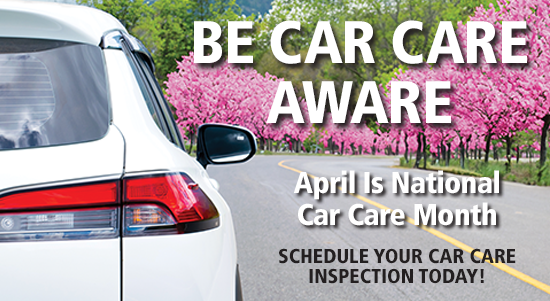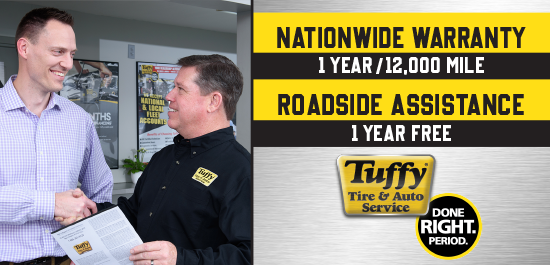| A fairly common household disaster is flooding of the laundry area due to a split hose on a washing machine. Also vulnerable to a similar disaster is your car. A bulging radiator hose, carrying hot water (coolant) under pressure, can rupture. Cooling system neglect is cited as a principal reason for mechanical failure of a vehicle. In addition to the danger and inconvenience of a breakdown, the damage to the engine and transmission can add up to thousands of dollars. Discovering a leaking radiator, hose connection, a sticking thermostat or other cooling system component that's on "borrowed time" can save the life of one's engine. To underscore the importance of proper care of the cooling system, Tuffy offers this multiple-choice quiz: See how much you know about this vital engine system. Cooling System Quiz 1. For maximum freeze protection antifreeze mixture should be: A. half anti-freeze and half water; B. pure antifreeze; C. 70% anti-freeze, 30% water. 2. In the cooling system the thermostat: A. controls engine temperature; B. works the air conditioner; C modulates the diodes. 3. A radiator cap is designed to: A. keep water from sloshing out of the radiator; B. keep the cooling system operating at a specified pressure; C. last indefinitely. 4. A broken drive belt can cause: A. overheating; B. loss of power steering; C. dead battery. 5. Cooling systems on many cars today: A. have no water pump; B. never need to be flushed; C. are equipped with an electric fan on the radiator. _________________________________________________________________________________________ Answers to Cooling System Quiz: 1. (C) is correct, although a 50/50 solution is adequate for most climates, protecting to -34o F. Never use pure antifreeze. 2. (A) is correct. As stated above, a faulty thermostat, causing an engine to run too hot or too cold, can damage the engine. 3. (B) is correct. And when replacing the cap, be sure to install the right one for your vehicle. Pressure recommendations vary. 4. Because all three functions are dependent upon the drive belt (or belts) all three answers are correct. 5. (C) is correct. |
Tuffy
Menu




